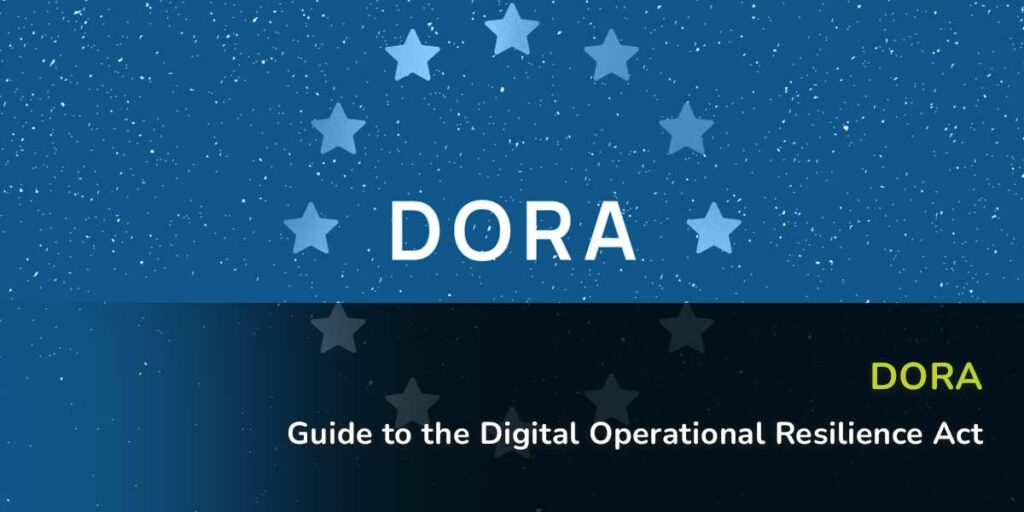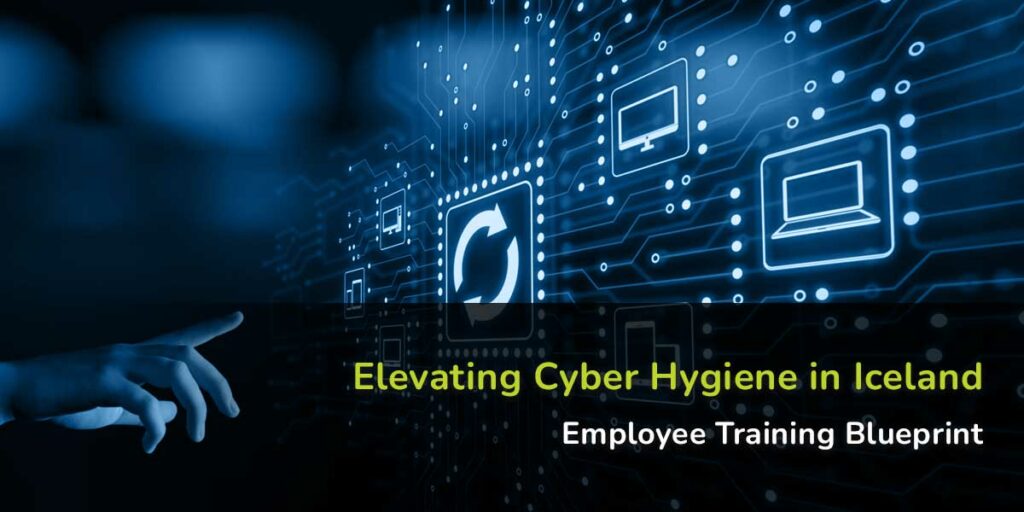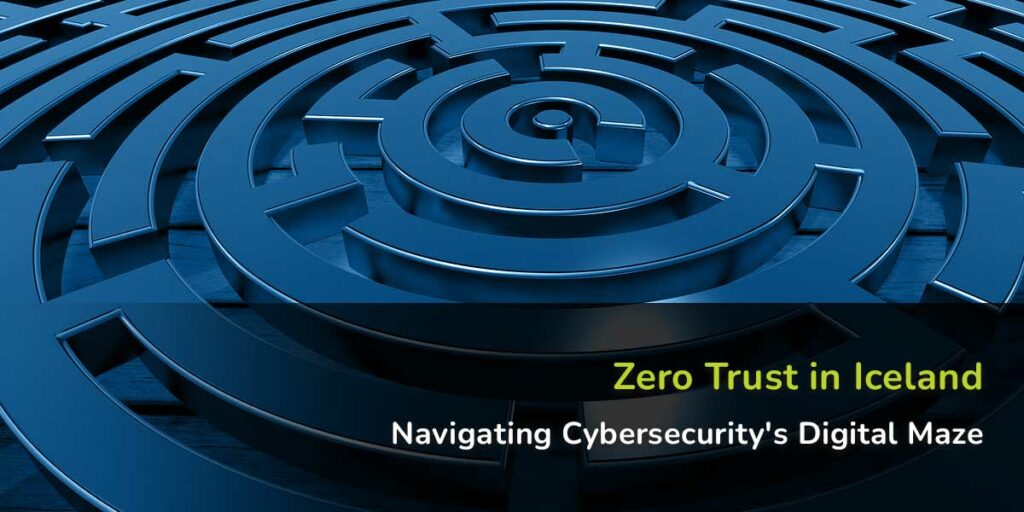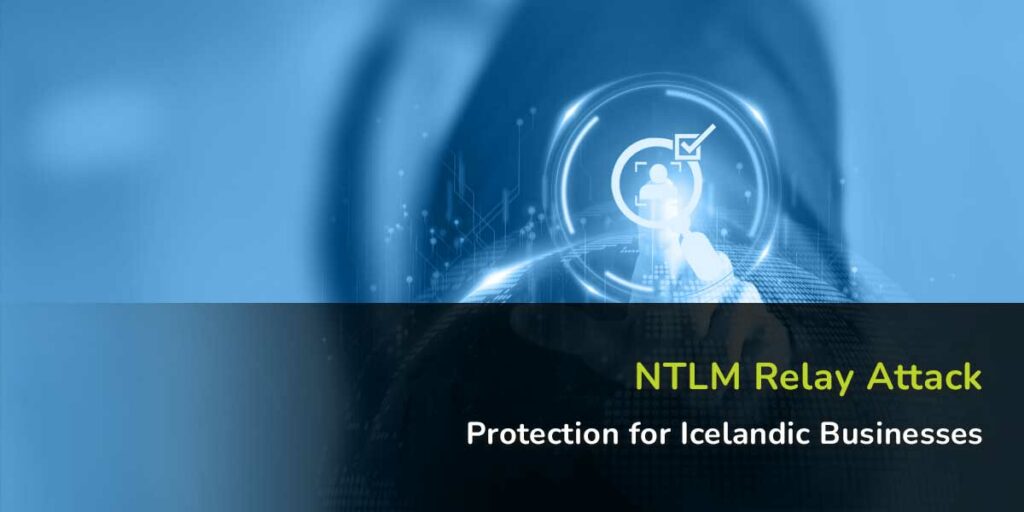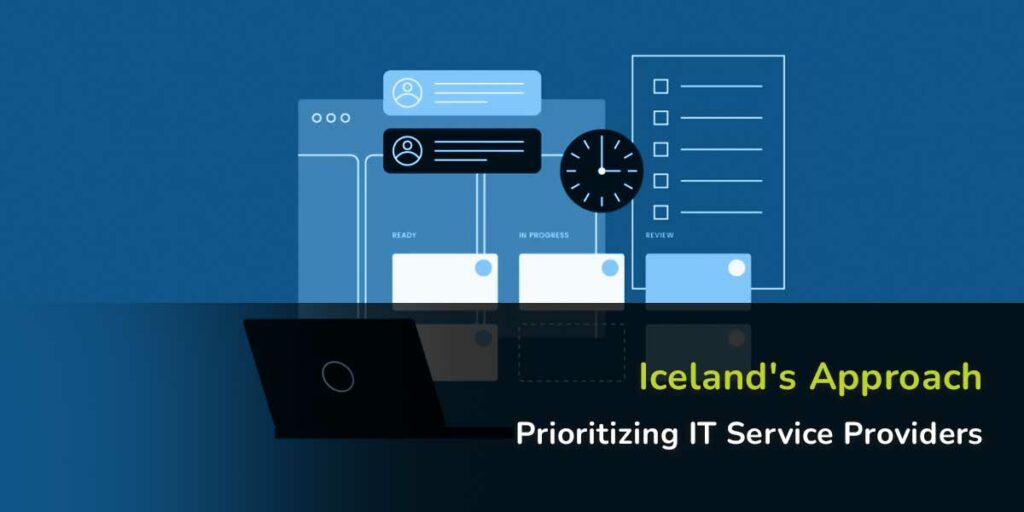In Iceland’s tech-savvy business environment, the collaboration with third-party consultants is a common practice to leverage specialized expertise and drive innovation. However, ensuring the security of your network is paramount when granting access to external entities. In this blog post, we will delve into the crucial role of involving your IT Service Provider (ITSP) before extending network access to third-party consultants in Iceland.
Understanding the Risks:
Granting network access to third-party consultants introduces potential security risks that can compromise the confidentiality, integrity, and availability of your business data. From unintentional data breaches to cyber threats, it is essential to approach this collaboration with a strategic focus on minimizing these risks.
The Role of Your IT Service Provider:
Security Assessment and Compliance:
Your ITSP is equipped to conduct a comprehensive security assessment to evaluate the potential risks associated with granting network access to third-party consultants. This includes assessing the consultants’ cybersecurity practices, ensuring compliance with local regulations in Iceland, and identifying any vulnerabilities that need addressing.
Access Control and Permissions:
ITSPs play a critical role in defining and implementing access control policies. Before granting network access, they can collaborate with your organization to determine the specific permissions required by third-party consultants. This ensures that consultants have access only to the resources necessary for their tasks, reducing the risk of unauthorized access.
Network Segmentation:
Proper network segmentation is crucial to limit the impact of a security breach. Your ITSP can assist in creating isolated segments within the network, ensuring that third-party consultants can access only designated areas. This minimizes the potential for lateral movement in case of a security incident.
Monitoring and Incident Response:
Your ITSP can establish monitoring mechanisms to closely observe network activities. In the event of any suspicious behavior or security incidents, they can implement a robust incident response plan. This proactive approach helps in identifying and mitigating potential threats swiftly.
Training and Awareness:
Education is key to maintaining a secure network environment. Your ITSP can provide training sessions and awareness programs for both your internal team and third-party consultants. This ensures that everyone involved understands the importance of cybersecurity practices and follows best practices to protect sensitive information.
Regular Audits and Updates:
ITSPs can conduct regular audits to assess the effectiveness of security measures in place. They can also ensure that all systems and software are up-to-date with the latest security patches, reducing the risk of vulnerabilities that could be exploited by malicious actors.
Conclusion:
Involving your IT Service Provider before granting network access to third-party consultants in Iceland is a strategic move to safeguard your organization’s digital assets. By conducting thorough security assessments, implementing access controls, facilitating network segmentation, monitoring activities, providing training, and ensuring regular audits, your ITSP plays a pivotal role in fortifying your cybersecurity posture.
This collaborative approach not only enhances security but also fosters a culture of proactive cybersecurity practices in Iceland's dynamic business landscape.






